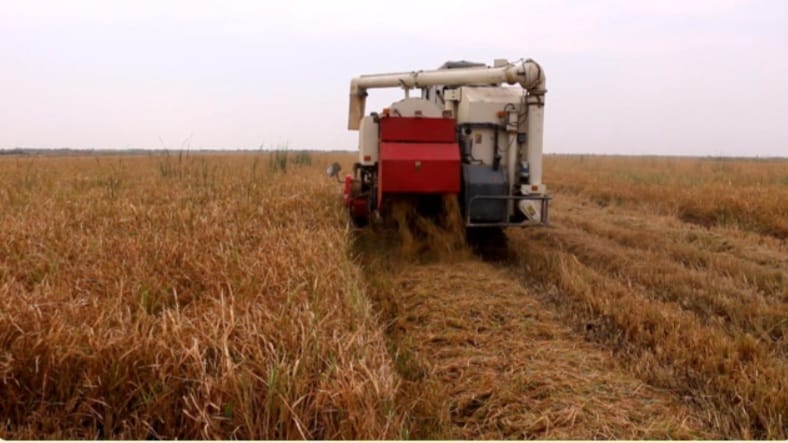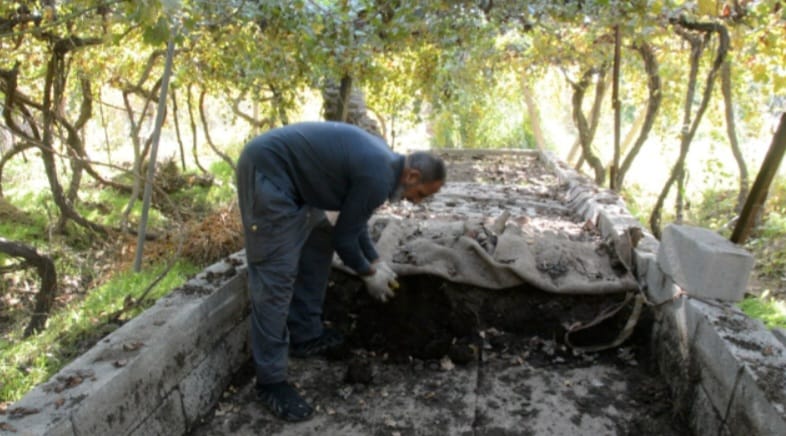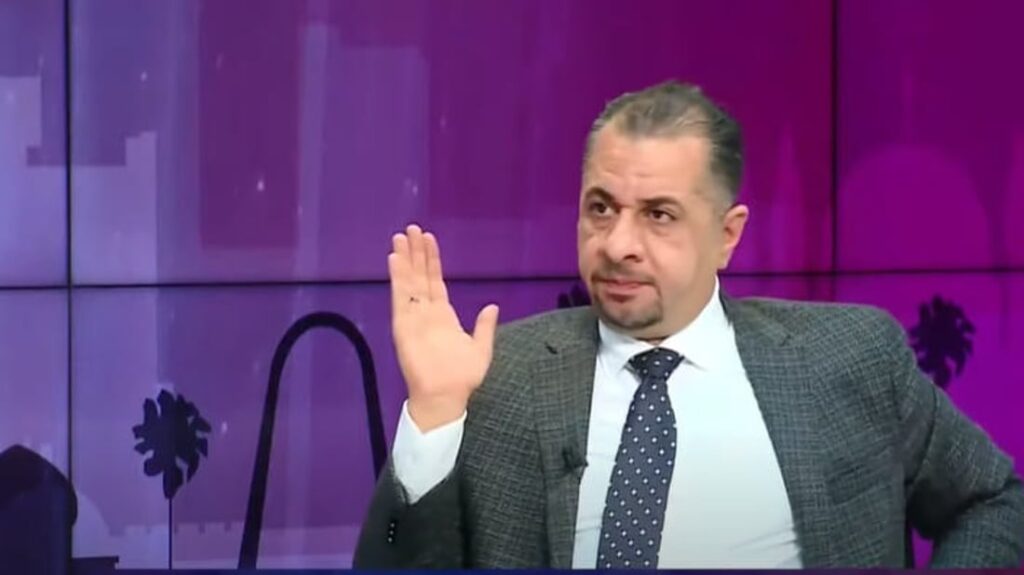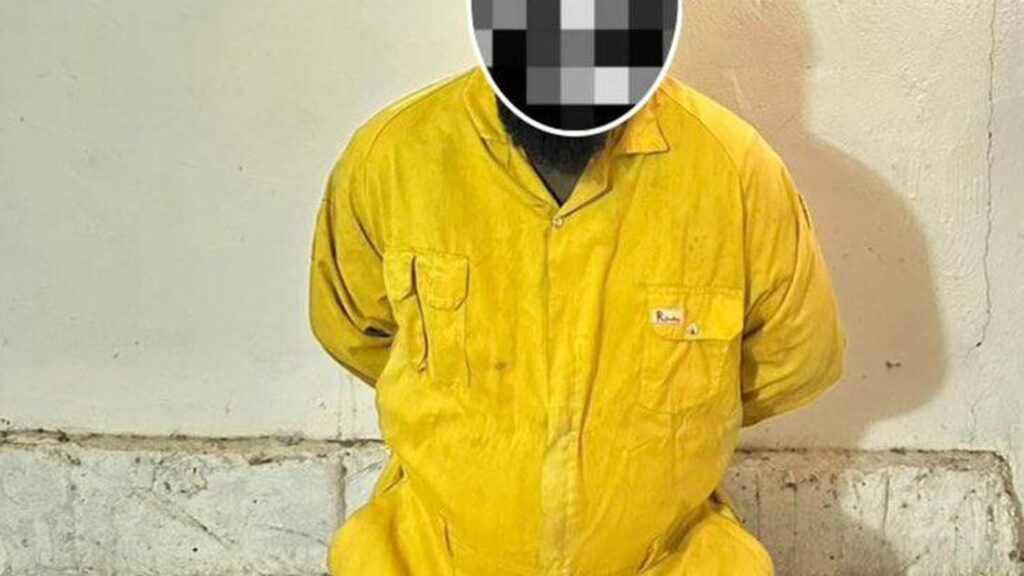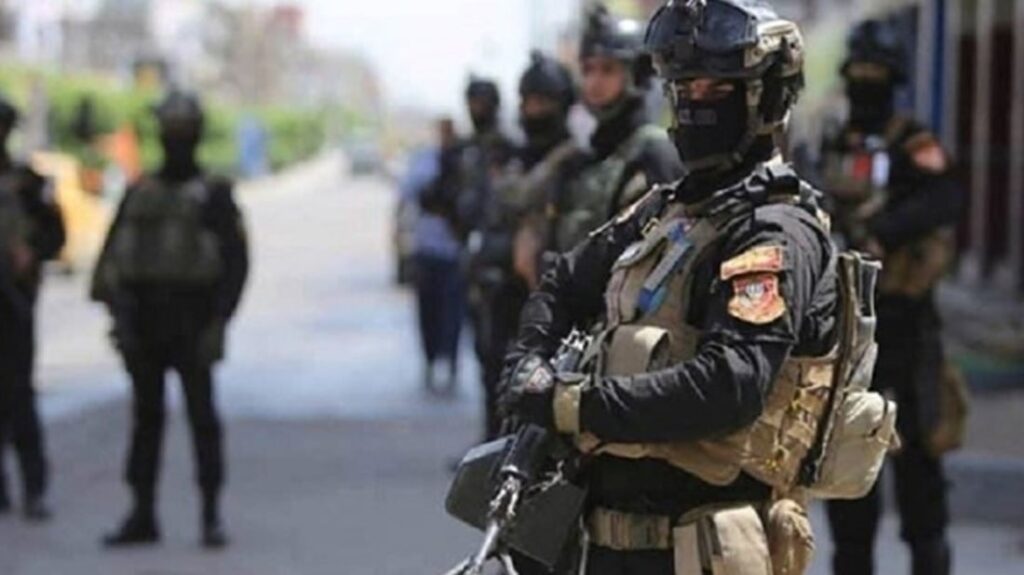Kurdish YPG expects negotiations with Syrian government soon

QAMISHLO, Syrian Kurdistan,— The head of the Syrian Kurdish YPG militia believes talks with the government over the future of Syrian Kurdistan, the northeast Kurdish region of Syrian, will begin in days after a “positive” reaction from Damascus.
Any deal between the YPG and President Bashar al-Assad’s state could piece together the two biggest chunks of a nation splintered by eight years of conflict.
Dialogue attempts have revived in the wake of U.S. President Donald Trump’s decision to withdraw troops from the Kurdish-led region.
“There are attempts to carry out negotiations … the Syrian government stance was positive,” the YPG commander Sipan Hemo told Reuters. “We believe they will start in the coming days.”
In a voice recording sent from his representatives late on Wednesday, Hemo said U.S. moves to withdraw were over-hasty and could not happen while the battle against Islamic State militants still rages.
Syrian Kurdish leaders have sought Russian mediation for talks with Assad’s state, hoping to safeguard their autonomous region when U.S. troops currently backing them pull out.
They fear an attack by neighboring Turkey, which has threatened to crush the YPG.
On a recent visit, U.S. envoy James Jeffrey talked to him and other officials about both satisfying Turkey and protecting northern Syria, Hemo said.
U.S. arming of the Syrian Democratic Forces (SDF), which the YPG spearheads, has infuriated NATO ally Turkey. Ankara sees the Syrian Kurdish fighters as indistinguishable from the Kurdish PKK movement that has waged an insurgency inside Turkey.
The Kurdish-led authority that runs much of north and east Syria presented a road map for an agreement with Assad in recent meetings with his key ally Russia.
Hemo said there had been no direct talks with the state since, but Damascus had received the proposal, which focused on preserving Kurdish and minority rights, including education, as well as self-rule.
Kurdish forces and Damascus have mostly avoided combat during the war. Assad, who has vowed to recover the entire country, has long opposed Kurdish ambitions for a federal Syria.
Short-lived talks between the two sides last summer went nowhere.
Government officials were not immediately available for comment, but a minister last week expressed optimism.
“LONG WAR WITH DAESH”
Mixed messages from Washington have clouded Trump’s abrupt announcement last month, which sparked concern among Western allies. The 2,000 American forces are still deployed in the SDF region, rich in oil, farmland and water – the biggest chunk of Syria outside state rule.
“Implementing this (U.S.) decision to withdraw practically is not possible in the near term,” Hemo said.
SDF fighters are now battling Islamic State remnants in an enclave in eastern Syria, after seizing vast swathes of land from the jihadists with U.S. help.
“Daesh is headed towards demise. There are many sleeper cells and there will be a long war with Daesh in this region,” Hemo said, using the Arabic acronym for Islamic State.
He said any safe zone in northeast Syria, which Trump mentioned on Twitter, should be under U.N. auspices. The SDF has welcomed the possibility but said any such zone must keep Turkey out.
“We want to be on good ties as neighbors, but the Turkish state does not accept this,” Hemo said. “If Turkey attacks our region, we will respond appropriately.”
Ankara has drawn on Syrian rebel proxies to help fight the YPG in the northwest before and has vowed to march further east.
Turkey’s foreign minister said on Thursday his country has the capacity to create a safe zone in Syria but would not exclude other states that want to cooperate.
The U.S.-backed Syrian Democratic Forces SDF, led by the Kurdish YPG militia, said last week it was ready to help create a safe zone suggested by U.S. President Donald Trump in its region across Syrian Kurdistan but said such a zone must have “international guarantees…that would prevent foreign intervention”, in an apparent reference to neighboring Turkey.
A senior Syrian Kurdish politician and former co-chair of the Diplomatic Committee of the Democratic Union Party (PYD) Salih Muslim said that he supported a proposed buffer zone along the Turkish border as long as Ankara has no involvement. “We really need a safe area, but without Turkish fingers.”, Salih Muslim told Kurdistan24 TV.
Syria’s Kurds rejected a “security zone” under Turkish control along the Syrian side of the two countries’ border.
Senior Kurdish political leader Aldar Khalil said the Kurds would accept the deployment of UN forces along the separation line between Kurdish fighters and Turkish troops to ward off a threatened offensive.
They will not accept Turkey as a guarantor because that is the country making the threats, Khalil told ANHA News on Tuesday.
Washington has for years supported the Kurdish-led Syrian Democratic Forces (SDF) in the fight against the Islamic State group in Syria, as part of an international anti-jihadist coalition dominated by the Kurdish People’s Protection Units (YPG). But U.S. President Donald Trump abruptly announced the pullout from Syria.
The Syrian Kurdish Democratic Union Party PYD and its powerful military wing YPG/YPJ, considered the most effective fighting force against IS in Syria and U.S. has provided them with arms. The YPG, which is the backbone of the SDF forces, has seized swathes of Syria from Islamic State.
Since December 2018, Ankara has been threatening to launch a new offensive against the Syrian Kurdish fighters.
In 2013, the PYD — the political branch of the Kurdish People’s Protection Units (YPG) — has established three autonomous Cantons of Jazeera, Kobani and Afrin and a Kurdish government across Syrian Kurdistan in 2013.
Turkey fears the creation of a Kurdish autonomous region or Kurdish state in Syrian Kurdistan could encourage separatism amongst its own Kurds, according to analysts.
Analysts believe that Turkey is using the YPG as a pretext to invade Syrian Kurdistan and to undermine the Kurdish autonomous regions.
Ankara has previously launched two operations in Syrian Kurdistan.
On August 24, 2016 Turkish troops entered the Syrian territory in a sudden incursion which resulted in the occupation of Jarablus after IS jihadists left the city without resistance. Most of Turkish operations were focused only against the Kurdish forces.
In 2016, the Turkish troops entered northern Syria in an area some 100 km east of Afrin to stop the Kurdish YPG forces from extending areas under their control and connecting Syrian Kurdistan’s Kobani and Hasaka in the east with Afrin canton in the west.
Then in January 2018, Turkish military forces backed pro-Ankara Syrian mercenary fighters to clear the YPG from its northwestern enclave of Afrin. In March 2018, the operation was completed with the capture of the Kurdish city of Afrin.
The flags of Turkey and Syrian rebel groups were raised in the Kurdish Afrin city and a statue of Kurdish hero Kawa, a symbol of resistance against oppressors, was torn down.
Residents of the Kurdish city and Human right groups accuse Turkey and pro-Ankara fighters of kidnappings for ransom, armed robberies and torture.
Copyright © 2019, respective author or news agency, Reuters | Ekurd.net
Comments

